Alpine Foot & Ankle Clinic offers comprehensive care, prioritizing non- and minimally invasive treatments. Take advantage of world-class interventions at home under the Big Sky, including state-of-the-art Shockwave (EPAT/ESWT) and laser therapies.
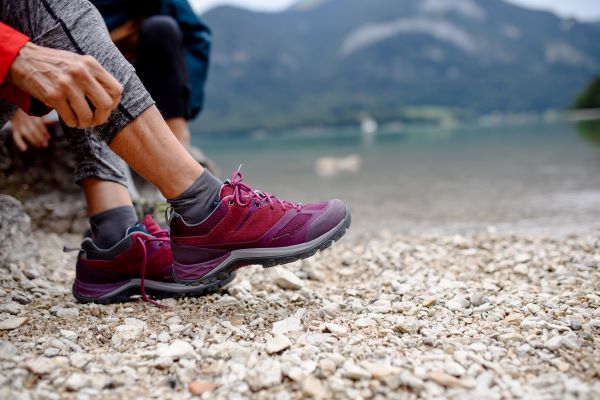 Foot and Ankle Pain
Foot and Ankle Pain
Don’t let foot or ankle pain force you to slow down, do less, or miss out on exciting opportunities. Alpine Foot & Ankle Clinic provides comprehensive care to help you eliminate podiatric pain and return to your favorite activities. Our board-certified podiatrist, Dr. Gregg Neibauer, prioritizes non- and minimally invasive treatments that jumpstart healing and promote faster recovery.
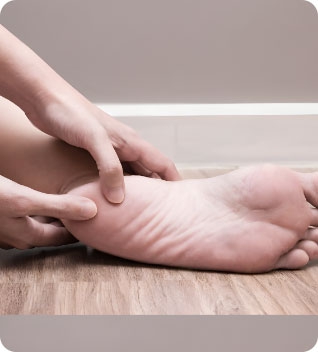 Heel Pain
Heel Pain
Tired of heel pain making your life more difficult? Don’t ignore it or let it keep you from doing the things you love. Alpine Foot & Ankle Clinic offers exceptional, patient-centered care that focuses on non- and minimally invasive therapies. Don’t drive to Seattle, Denver, or Salt Lake City for the latest treatments and technology. Located in Missoula, our board-certified podiatrist, Dr. Gregg Neibauer, provides world-class care right here under the Big Sky.
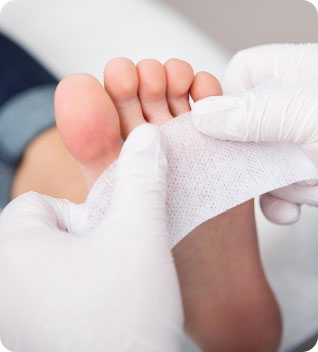 Skin and Nail Conditions
Skin and Nail Conditions
Are you living with a podiatric nail or skin condition that causes pain, discomfort, or embarrassment? You're not alone. Blisters, ingrown toenails, warts, and sweaty feet are common complaints. Fortunately, you've come to the right place. At Alpine Foot & Ankle Clinic, board-certified podiatrist Dr. Gregg Neibauer provides patient-centered care focusing on non- and minimally invasive treatments, including laser therapies for stubborn warts and fungal toenail infections.
 Sports Injuries
Sports Injuries
Don’t let a foot or ankle injury take you out of the game. At Alpine Foot & Ankle Clinic, board-certified podiatrist Dr. Gregg Neibauer provides complete care and state-of-the-art therapies for podiatric sports injuries. As a sports enthusiast, Dr. Neibauer prioritizes non-invasive and minimally invasive treatments that encourage a swift and safe return to activity.
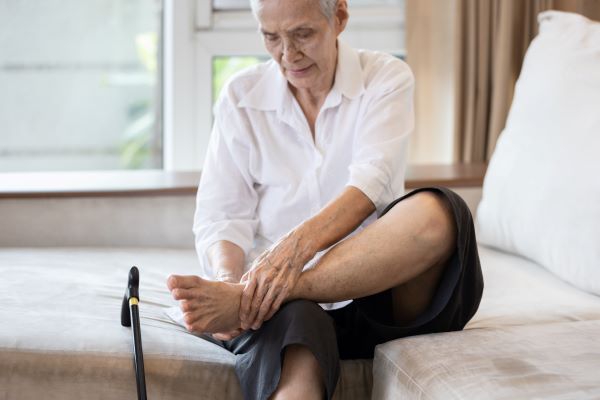 Diabetic Foot Care
Diabetic Foot Care
Diabetes is a complex chronic illness that can sometimes feel overwhelming to manage. Sound familiar? At Alpine Foot & Ankle Clinic, we're dedicated to making your podiatric health the easiest part of your care. Our board-certified podiatrist offers conscientious diabetic foot care with a focus on advanced therapies, amputation prevention, and limb preservation. Located in Missoula, we serve diabetic patients throughout Montana and northern Idaho. Discover how we can help you protect your feet, maintain mobility, and keep diabetes complications at bay.
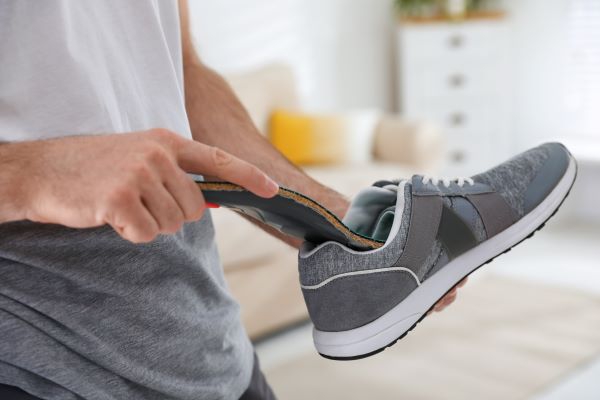 Custom Orthotics
Custom Orthotics
Are you seeking an effective treatment for painful foot or ankle problems and hoping to avoid surgery? Custom orthotics could be just the solution. These prescription medical devices gently correct imbalances and alignment issues, holding the foot in an optimal position to relieve pain and improve function. At Alpine Foot & Ankle Clinic in Missoula, Montana, our board-certified podiatrist uses custom orthotics to safely address wide-ranging podiatric injuries, chronic conditions, and deformities.
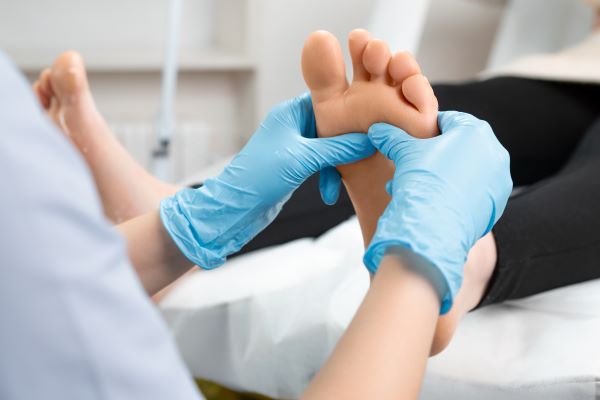 Non-Surgical Therapies
Non-Surgical Therapies
Not every foot or ankle problem needs surgery to ensure a full recovery. At Alpine Foot & Ankle Clinic, we emphasize non- and minimally invasive treatments whenever we can. Our board-certified podiatrist, Dr. Gregg Neibauer, offers a wide range of advanced, non-surgical therapies that harness the power of the body’s natural healing processes, relieving pain and inflammation and encouraging a faster recovery. Discover the power of podiatric regenerative medicine today!
